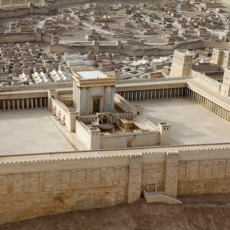
The Bible in its ancient contexts
The Bible is part of the broad literature of the ancient Near East, as evidenced by the many biblical references to customs, laws and religious concepts, which were common in the context of the Bible. Even in the book of Revelation, much imagery has parallels with the ancient Near East. Of course, our growing knowledge of the ancient Near East sheds new light on how the Bible was used over the centuries, both in Judaism and Christianity. It also has important implications for biblical exegesis and how we can use the Bible in systematic theology, preaching, and so on.
